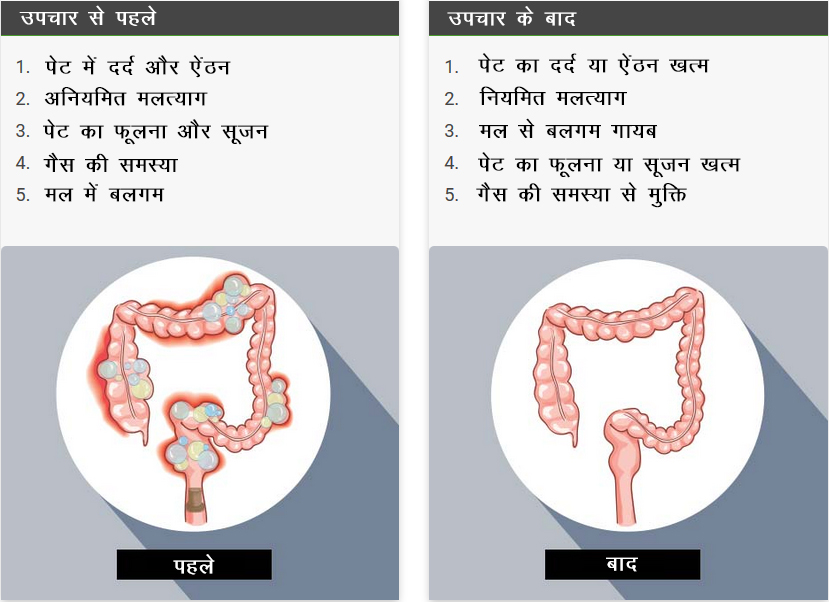Recent studies suggest that around 15.6% of the Indian population experiences GERD symptoms, such as heartburn and acid regurgitation. Though occasional acidity is considered normal, frequent episodes of acidity can disrupt your daily life and sleep. Two major lifestyle factors, i.e., stress and lack of sleep, play an important role in triggering or worsening your acid reflux.
When you are stressed, your body produces more stomach acid, which could lead to acid reflux. Similarly, insufficient sleep can impact the digestive tract, making it more prone to acidity. Let us understand how stress and lack of sleep can trigger your acidity and learn what you can do about it.
What is Acid Reflux and How Are Stress and Sleep Related to it?
Acid reflux or heartburn happens when stomach acid flows back up into your food pipe or esophagus. This can cause a burning sensation in your chest or throat and leave a sour taste in your mouth. For some people, it is an occasional nuisance and for other people, it is a regular and disruptive issue.
How Stress Affects Acid Reflux
Stress may not directly result in acid reflux but it can make it worse. When you're stressed, your body goes into a "fight or flight" mode, which can lead to an increase in stomach acid production. Also, stress can make you more vulnerable to the pain and discomfort of acid reflux, making the symptoms feel worse.
How Sleep Affects Acid Reflux
The benefits of a great night's sleep are much more powerful than you may believe. When you get sufficient sleep, it supports your body’s natural healing and maintenance process which includes regulating the acids in your stomach. When you are sleep deprived, it further increases your stress, which can exacerbate acid reflux symptoms.
How Does Stress Increase Your Acidity Levels?
When you are stressed, you can feel it throughout your entire body, including your stomach. When your body is under stress, your body produces more stress hormones such as cortisol and this also raises the level of stomach acids. This is your body preparing to "fight or flee" from what it sees as danger, even if the "danger" is just a busy day at work.
Physiological Effects of Stress on Stomach Acid
Increased Acid Production: Stress could trigger acid secretion in your stomach, setting up your body for a quick energy release. However, this also raises your risk of acid reflux.
Gastric Motility: Stress can either slow down or speed up your digestive process, but neither is good. When it slows, the acid remains longer in your stomach, increasing the chance of it flowing back up your esophagus. If it speeds up, it can cause you to feel the burn faster.
Pro Tip: Quick Stress Relief Techniques
Breathing Deeply: Take a moment and breathe in through your nose for a count of five, hold for five, and exhale through your mouth for five.
Progressive Muscle Relaxation: Tense every muscle group in your body one after the other and then relax them. This is a quick way to calm yourself at any place.
On the Spot Meditation: Close your eyes for a minute and pay attention to your breathing or a positive image to lower your stress.
Could Lack of Sleep Make Acid Reflux Worse?
Yes, sleep and acid reflux are closely linked. Basically, during sleep, your body repairs itself and does maintenance, including balancing the acids in your stomach. If you don’t get sufficient sleep, this maintenance doesn't happen effectively, leaving your stomach acids out of balance.
Impact of Poor Sleep on Acid Reflux
Increased Symptom Severity: When you don’t get enough sleep, it causes a heightened stress response which causes symptoms like heartburn.
Poor Eating Habits: Sleep deprivation can also lead to cravings for fatty, sugary or oily foods, which can lead to acid reflux.
What Symptoms Does Stress Induced Acid Reflux Cause?
You must have noticed that during really hectic days or after a bad night's sleep, you feel a burning sensation in your chest. This happens because stress and insomnia can trigger acid reflux. Here are some symptoms you might experience:
Heartburn: This is the most common symptom. It might feel like a burning pain or discomfort which emanates from your stomach to the middle of your abdomen and chest, and even up into your throat.
Regurgitation: This is when you feel a sour or bitter-tasting acid flowing back into your mouth or throat. This can be very unpleasant.
Chest Pain: At times acid reflux causes serious chest pain, which can feel like you are having a heart attack.
So, the next time you notice these signs, think about what is happening in your life and how you can reduce stress or improve your sleep. If you are able to address these basic issues, you can effectively ease these uncomfortable symptoms and improve your overall well being.
How Can You Manage Acidity Caused by Stress and Poor Sleep?
Acidity becomes even harder to manage when you are under stress or not getting enough sleep. However, there are ways to manage your lifestyle and relieve these uncomfortable symptoms.
Stress Management Techniques
Here are some stress management strategies that might help:
Mindfulness & Meditation: Take a few minutes daily to do some meditation or practice mindfulness. This is a proven method that can help lower your stress and reduce the production of stomach acid.
Regular Exercise: Physical exercise is great for your mental health also. When you exercise, your body releases endorphins (natural stress busters). So, try to include at least thirty minutes of exercise most days of the week.
Structured Relaxation Time: Schedule some time for activities that make you feel relaxed. This can be reading, listening to music or even gardening. It’s about giving some time to whatever helps you relax.
Keeping A Regular Sleep Schedule
A consistent sleep schedule is important for controlling acid reflux. This is how you can do it:
Consistency is Most Important: First of all, go to bed and get up at the same time daily, even on weekends. This regularity sets your body’s internal clock and can help in improving sleep quality.
Wind Down Before Bed: Develop a bedtime routine which signals your system that it is time to wind down. Make sure you avoid computer work and TV before bedtime.
Pro Tip: What and when you eat can also affect acid reflux. Here’s a tip to keep in mind:
Avoid Late Meals: Consume your final meal of the day at least three hours prior to going to bed. This gives your system enough time to break down the food before you can lie down, so less acid can go up your esophagus.
Conclusion
Stepping into a life with less acid reflux is more achievable than you might think. With these simple lifestyle changes and relaxing home remedies, you can alleviate your discomfort caused by acidity and improve your complete health. In the end, it is not simply about avoiding the trigger foods but selecting a more healthy and balanced lifestyle. So, stop wasting time and begin your journey to less acid reflux today.
Looking for an Ayurvedic expert to help with your health issues? Speak directly with our certified Jiva doctors today. Call us at 0129-4264323.

























































































































































